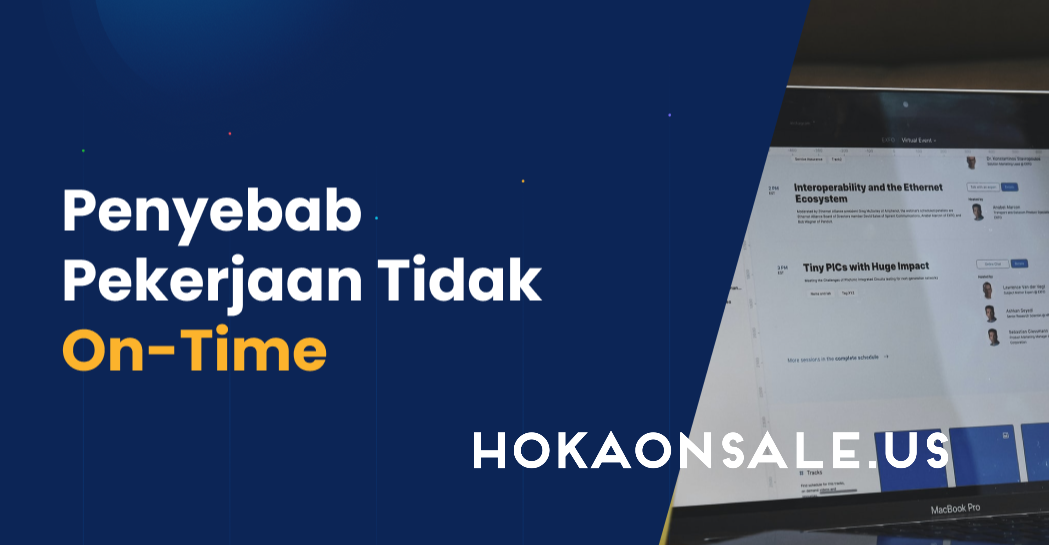
Reasons Why Work Isn't Done On Time
Created on 7 July, 2024 • Scale Up Business • 173 views • 3 minutes read
After finishing work, Andi rushed back to his rented room. When he arrived, he noticed his roommate, Budi, hadn't come back yet. "Maybe he's out for coffee," he thought, knowing Budi loved grabbing coffee after work. Andi quickly showered,
Reasons Why Work Isn't Done On Time
Check out this story:
After finishing work, Andi rushed back to his rented room. When he arrived, he noticed his roommate, Budi, hadn't come back yet. "Maybe he's out for coffee," he thought, knowing Budi loved grabbing coffee after work. Andi quickly showered, got ready for bed, and fell asleep almost immediately. But because he was so tired, he forgot he had locked the door from the inside with the latch, preventing Budi from opening it even with his key.
Half an hour later, Budi arrived at the door. As expected, when he tried to unlock it with his key, the door wouldn’t open. Budi knew Andi was inside but didn't realize he was already fast asleep. He knocked and called out to Andi but got no response. Not long after, Budi called Andi's phone.
Andi, who always kept his phone by his bed with the volume loud to avoid missing client calls, woke up to the ringing. "Hello?" Andi answered groggily. "Andi, you forgot to unlatch the door. I can’t get in," Budi said. Reluctantly, Andi got out of bed and went to open the door. "Oh, you're already asleep? Sorry about that. You can go back to sleep now," Budi apologized, feeling bad for disturbing Andi. Andi went back to bed, but having been abruptly woken up, he found it hard to fall asleep again. His head ached, and his sleep pattern was disrupted. It took him about 40 minutes to drift off again...
When we're deeply engrossed in work, our mental state is similar to being asleep.
Experts say that when someone is deeply focused (deep work), their mind enters the "Alpha" stage, where the subconscious becomes more involved. In hypnotherapy, this highly focused state is often called "trance." Psychologist Mihaly Csikszentmihalyi refers to it as "Flow."
In this "trance" state, a person can thoroughly enjoy their work and feel happy, even if the task is challenging or they're under a tight deadline. Time seems to slow down, background noises fade, and actions flow effortlessly, like typing without stopping. You might have experienced this yourself.
Problems arise when this state is interrupted. Just like in the story above, Andi couldn’t fall back to sleep right away. He had to start the process all over again: finding a comfortable position, calming himself, and trying to sleep.
The same happens when someone in a "trance" state at work is interrupted. It takes time to get back into that state, and sometimes it doesn’t happen again. They must "restart" their workflow, recall where they left off, and try to revive the ideas that were flowing.
This need to restart can lead to frustration, boredom, or anger with the work. This is why I believe interruptions are the number one productivity killer. Often, these interruptions come from the business owner themselves.
After giving clear instructions to their team, a business owner or manager should step away from the team's work. This is where remote work becomes superior to office work. Without being in the same location, interruptions can be minimized, or even eliminated. No face-to-face meetings mean no unnecessary gossip or chatter, leading to a highly productive team.
So, how can you create a communication system with minimal interruptions?
How can a business owner manage their team remotely?
And how do you build a comfortable work environment?
I've created an online class you can ACCESS HERE to learn more about managing teams and reducing interruptions.
Conclusion
Getting into a deep focus or "Flow" state is crucial for productivity. Interruptions, whether intentional or accidental, disrupt this state and make it hard to regain focus, often leading to frustration. Minimizing interruptions, especially from the business owner, is key to maintaining a productive workflow. Remote work environments help reduce these distractions, enhancing overall productivity.